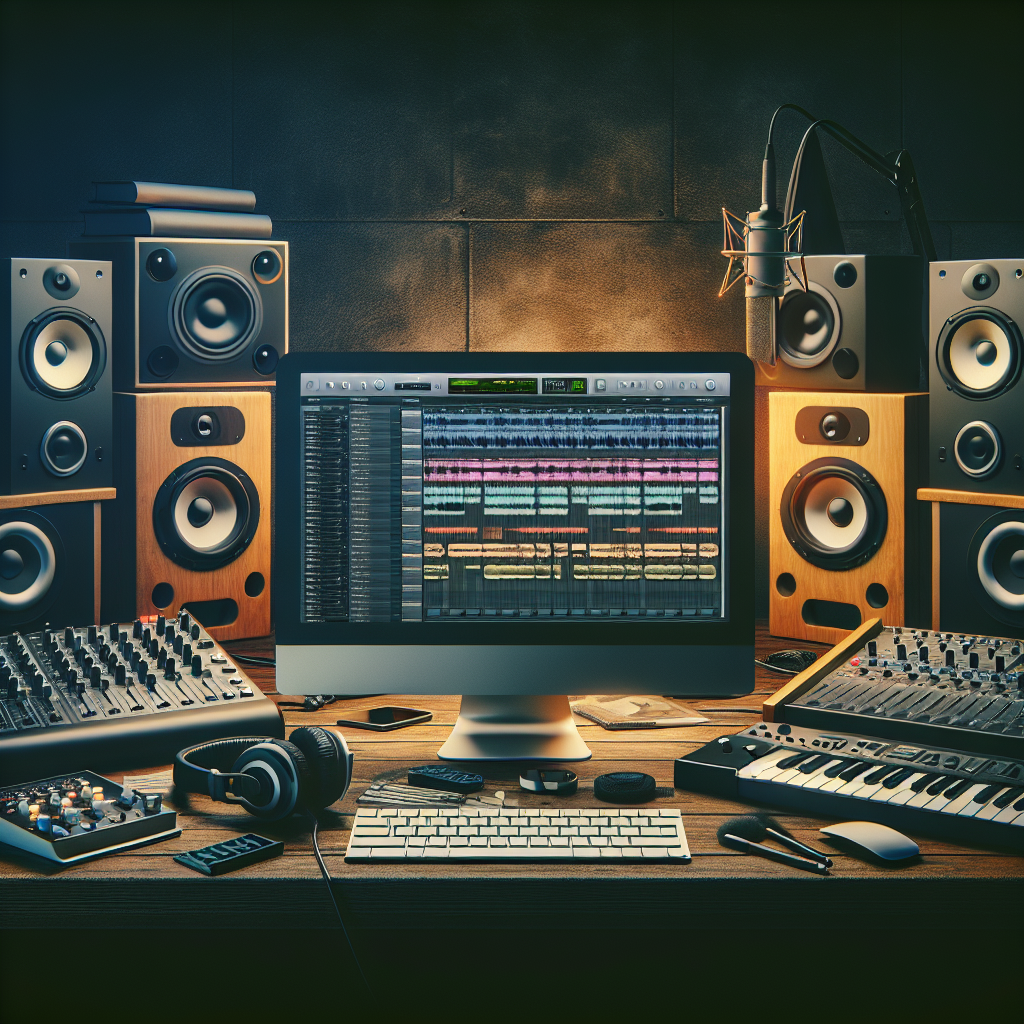Digital Audio Workstations (DAWs) shape the backbone of modern music production and sound engineering. Being adept at using a DAW software is vital for anyone looking to create music or work with audio. This article will provide useful tips and tricks for mastering DAW software, regardless if you are a beginner stepping into the world of music production, or a seasoned audio engineer looking to improve efficiency and enhance your skills.
Understanding Your DAW Software
The first step towards mastering your DAW software is to thoroughly understand its working. Take the time to go through the manual and video tutorials to fully grasp the functionality of the DAW. Familiarize yourself with its windows, menus, toolsets, and the digital layout. The more you know about your DAW, the faster you will be able to work with it, thus increasing your productivity.
Master Keyboard Shortcuts
Keyboard shortcuts can significantly spruce up your workflow by saving time and simplifying complex operations. Almost every DAW will have a plethora of keyboard shortcuts for various functionalities, such as starting and stopping the playback, recording, editing, mixing, and more. It is highly recommended to print out a list of shortcuts or to have them easily accessible until they become second nature.
Proper Organizational Skills
Organizational skills play a vital role in mastering DAW software. A well-organized DAW session can save your time and effort, especially during large projects with many tracks, effects, and plugins. You should organize your tracks by grouping and color coding them. Clearly label your tracks and use track folders whenever possible. Use markers to identify important moments in your song, such as verses, choruses, and bridge.
Using Templates
Creating a template with your preferred settings can help you start your projects more efficiently. Your template could include your favorite synths, audio tracks, FX return tracks, and anything else that you regularly use. Templates will not only save you from repetitive tasks but will also ensure consistency across your work.
Learn Mixing and Mastering Techniques
DAWs offer various tools for mixing and mastering, and honing your skills in these areas is crucial. Learn how to use equalizers, compressors, limiters and understand the importance of mastering elements such as pitch correction, multiband compression, stereo widening, and limiting. Try to get the best mix possible before mastering – a good mix can make the mastering process easier and more effective.
Don’t Overcomplicate
While DAWs come equipped with tons of plugins, it’s important not to get carried away. More isn’t always better. Instead of cluttering your process with unnecessary tools, focus on understanding and utilizing a few essential plugins to the best of your advantage. Get a good handle on the basics first, then gradually experiment with more advanced plugins.
Conclusion
Mastering DAW software can feel like a daunting task given the wide array of tools and capabilities at your disposal. However, with a patient, methodical approach to understanding your DAW, a commitment to learning shortcuts, an organizational mindset, and a focus on mastering mixing techniques, you can greatly enhance your skill set. Remember to keep things simple and not get overrun by the number of available plugins. Utilize these tips and tricks to raise your DAW game to new heights and unleash your full creative potential.
FAQs
Q1: How long does it take to learn my DAW software?
While the basics can be learnt in a few days, mastery takes time and practice, depending on your dedication and the complexity of the software.
Q2: Is it necessary to know all the shortcuts?
No, but understanding the most common ones can significantly speed up the production process.
Q3: How can I keep my work organized in a DAW?
Use color coding, labeling and grouping of tracks and use templates for consistency.
Q4: Do I need to use all the plugins that come with my DAW?
No, focus on mastering a few essential plugins first and gradually add more to your repertoire.
Q5: What are some of the most important mixing techniques?
Some important techniques include equalization, dynamic range processing, reverb and delay, making space in the mix, and understanding frequencies.

